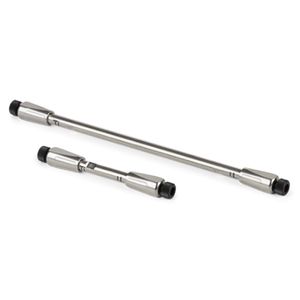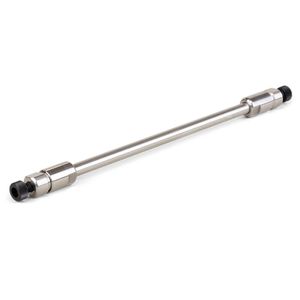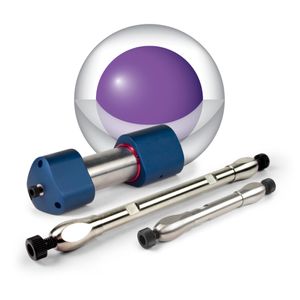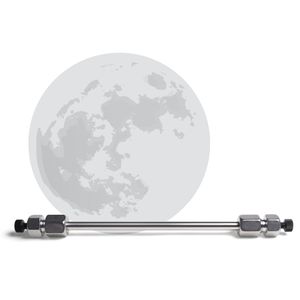Beta Blockers Treat Debilitating Lung Disease
There are two sides to heart disease, literally corresponding to the two sides of the heart, left and right. There are drugs prescribed to treat left-sided heart disease, but concerns raised about the safety of the same drugs to treat right-sided heart disease have prevented their use in that context. But now scientists provide evidence that these drugs are safe after all.
Beta-adrenergic receptor blockade drugs, commonly known as beta blockers, treat heart disease stemming from left ventricular dysfunction. These drugs work by inhibiting the effects of adrenaline on the body’s beta receptors, preventing the heart from working too hard to pump oxygenated blood to the body. The use of beta blockers is common and has been so for several decades. For right ventricular dysfunction, there’s a different story to tell.
Right ventricular dysfunction leads to right-sided heart failure and is a common cause of death for people with pulmonary arterial hypertension (PAH). This is a serious condition that leads to death within a few years of diagnosis, mainly characterized by high blood pressure in the lungs. Drugs for PAH treat hypertension but not right ventricular dysfunction - only addressing part of the problem, and it’s not even the part that usually leads to death.
Lead author Serpil C. Erzurum, MD, from the Cleveland Clinic Lerner Research Institute, calls for new therapies for the mostly neglected side of PAH.
"While treatments with beta blockers such as carvedilol are standard therapy in patients with left-sided heart failure, successful therapies in right-sided heart failure and PAH have lagged behind,” she said.” Longer-term studies are needed but our initial analysis shows that carvedilol may also benefit patients with PAH, who currently have few available treatment options."
Erzurum led a study with 30 PAH patients, looking at the effectiveness and safety of carvedilol to treat the disease. In the past, “mostly anecdotal” concerns about using carvedilol in this context have kept doctors from using the drug to treat PAH.
However, Erzurum and her team of researchers found that carvedilol had zero negative effect in the PAH patients. Instead, the drug lowered heart rates and improved recovery after exercise. Needless to say, the results dubbed the drug safe for use and researchers expect that it could prevent right-sided heart failure.
"The fact that beta blockers were well-tolerated and effective in lowering heart rates thereby improving the heart efficiency is unto itself a key observation, since doctors have been cautioned against using them in this setting for safety concerns,” explained co-author W. H. Wilson Tang, MD. “This study provides important new data that advances our knowledge of using this class of drugs in this chronic and life-threatening lung-associated vascular disease."
The present study is published in the journal JCI Insight.
Sources: Texas Heart Institute, Pulmonary Hypertension Association, Cleveland Clinic
-
MAY 07, 2024Is It Anti-RNP or Anti-Sm/RNP?
-
MAY 08, 2024Expand your Multiomic Capabilities with RNAscope™
- See More
-
MAY 07, 20243rd International Biosecurity Virtual Symposium
-
MAY 23, 2024For the Love of Digital PCR 2024
-
JUN 06, 2024The Future of Scientific Conferencing
- See More




















































